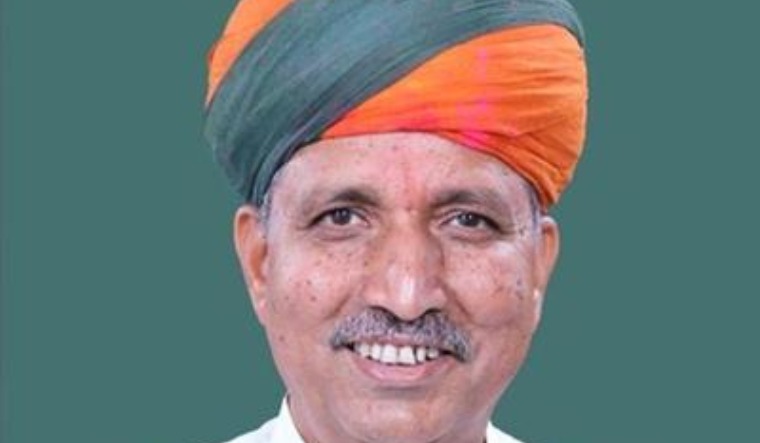Amidst a debate over the Centre's move to revamp criminal laws and the proposed names for the statutes, Union Law Minister Arjun Ram Meghwal, on Friday, said the government's endeavour is meant to shake off the colonial legacy and Indianise the laws.
“Why can't we call the bills meant to revamp IPC, CrPC and the Evidence Act Bharatiya? The British disrupted our education system and our traditional legal system. They simply replaced the Irish in Irish Penal Code with Indian and imposed it on us,” Meghwal said.
The minister defended the government's move to replace the Indian Penal Code, the Code of Criminal Procedure and the Evidence Act with Bharatiya Nyaya Sanhita Bill, 2023, Bharatiya Nagarik Suraksha Sanhita, 2023 and Bharatiya Sakshya Bill, 2023, saying we suffer from the mindset that all the good work has only been done in the West and we must emulate that.
Meghwal's comments come in the wake of criticism over the government bringing in the three bills when, as per the detractors, it could have simply brought in amendments. There is also unease about the Indianised names of the bills, especially amongst the political parties in the south, over the use of Hindi names to describe the three proposed laws. The DMK said since English is the common language for the people of the country and there are many different languages, Hindi should not be mandatorily imposed on people.
Meghwal was speaking at a function to launch Tele Law 2.0, an integration of the government's tele law scheme, which is meant to provide free-of-cost pre-litigation advice to people, and its Nyaya Bandhu scheme, under which people can avail the services of lawyers free of cost to help them with litigation.
In the context of the launch of Tele Law 2.0, the minister said it was a myth that 'pro bono' legal work is a Western concept. He said he keeps hearing in the meetings in his ministry mention of the pro bono work being done in America or the UK. “We are conditioned to think that pro bono legal work has happened only in the West and it is for us to learn from them. In fact, pro bono work is an integral part of the Indian tradition,” Meghwal said. He cited the example of C.R. Das appearing for Aurobindo Ghosh free of cost in the Alipore bomb trial.



